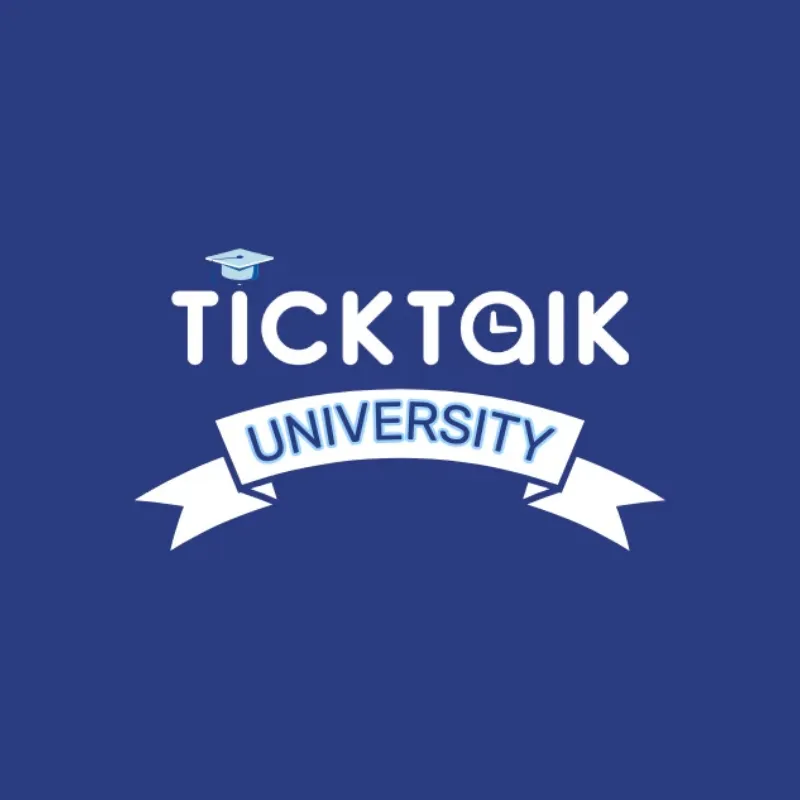In today's digital age, children are increasingly communicating through tech devices like smartwatches. These devices allow them to communicate with family, track fitness, and even play educational games. But with this connectivity comes the crucial question of privacy and data protection, especially when it concerns minors. That’s where COPPA, or the Children's Online Privacy Protection Act, comes into play. If you’re a parent considering a smartwatch for your child, understanding COPPA and how it applies to these devices is essential.
What is COPPA?
The Children's Online Privacy Protection Act (COPPA) is a law in the United States, passed in 1998, designed to protect the privacy of children under the age of 13. The Federal Trade Commission (FTC) enforces this law, which regulates how online services and websites collect, use, and share personal information from kids.
The core of COPPA requires companies to obtain verifiable parental consent before collecting personal data from children. It also mandates companies to outline how they collect, use, and store children’s information, ensuring that parents have control over what data is shared. The law applies to any website, app, or online service directed toward children or knowingly collecting information from children under 13.
How Does COPPA Relate to Kids' Smartwatches?
Many kids’ smartwatches now come equipped with features like GPS tracking, two-way calling, fitness tracking, and even access to apps. These features often require the collection and storage of personal data such as:
- Location data (through GPS tracking)
- Contact information (for calling or texting features)
- Behavioral data (how the child uses the smartwatch, app usage, etc.)
- Health or fitness data
This type of data collection triggers COPPA regulations, meaning manufacturers of these smartwatches must comply with the law.
Key Ways COPPA Impacts Kids' Smartwatches:
- Parental Consent: Before a smartwatch can collect or share any personal information from a child, manufacturers must obtain explicit consent from parents. This consent should be verifiable, typically through methods such as credit card verification, a signed form, or a phone call. Parents also have the right to review the information collected and request its deletion.
- Clear Privacy Policies: Smartwatch manufacturers must provide clear and detailed privacy policies that outline what information is collected, how it's used, and with whom it is shared. These policies should be easily accessible to parents, allowing them to make informed decisions.
- Limiting Data Collection: COPPA encourages businesses to collect only the information necessary for the product to function. For instance, if a smartwatch only needs GPS data for tracking purposes, it shouldn't be collecting unrelated data like browsing history or other unnecessary personal information.
- Safeguarding Data: Under COPPA, companies must implement robust security measures to protect children's data. Smartwatches, like other internet-connected devices, are susceptible to hacking or unauthorized data access. The law holds companies responsible for maintaining the privacy and security of the data they collect.
- Third-Party Services: If a smartwatch uses third-party services (such as voice assistants, games, or fitness tracking apps), COPPA still applies. Any third-party service that collects personal data from children must also comply with COPPA. As a parent, it’s important to research and ensure that all services associated with the smartwatch are safe and compliant.
How Parents Can Stay Informed
If you're considering a smartwatch for your child, here are some steps to ensure it complies with COPPA and offers strong privacy protections:
- Read the privacy policy: Always review the company’s privacy policy to understand how your child’s data will be collected and used.
- Check for COPPA compliance: Look for certifications or statements of compliance with COPPA, especially when dealing with smaller or less well-known brands.
- Monitor app permissions: Be cautious about which apps you allow your child to download or use on their smartwatch. Many apps collect personal information, and you should ensure they comply with COPPA.
- Use parental controls: Many smartwatches offer parental control features, allowing you to monitor and limit your child’s activity on the device.
COPPA plays a crucial role in protecting children’s privacy in an increasingly connected world, including with devices like kids’ smartwatches. While these gadgets offer convenience and peace of mind for parents, it's essential to be mindful of the personal data they collect. By understanding COPPA's regulations and staying informed about the privacy practices of smartwatch manufacturers, you can help ensure your child's data is protected.



Share:
TickTalk 5 vs. FitBit Ace LTE
How a Kids Smartwatch is Perfect for Halloween Safety